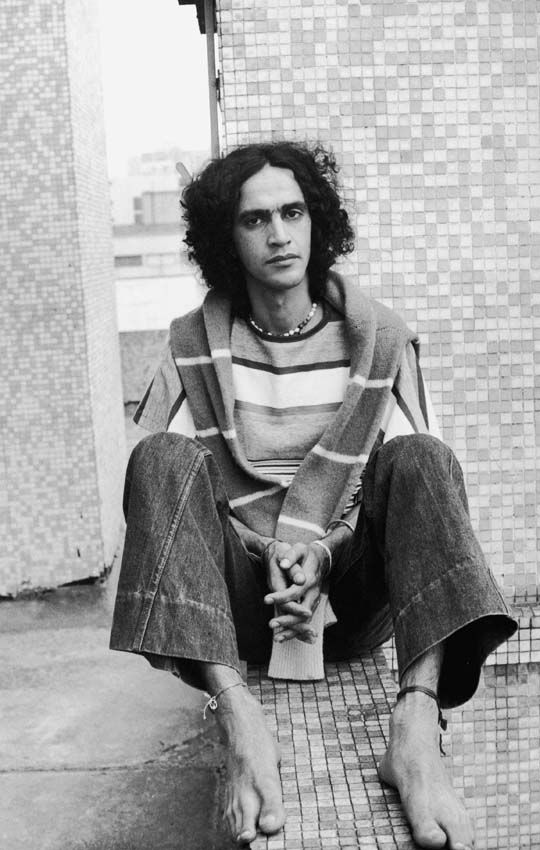Tropicália: A Short History
Out of oppression, a bold new Brazilian sound was born
.png)

In the late 1960s, as Brazil fell deeper under the grip of a repressive military dictatorship, a group of young artists launched a vibrant cultural rebellion. They called it Tropicália - a radical fusion of sound, image, and ideology that transformed Brazilian music and still resonates today.
Tropicália wasn’t just a genre - it was a movement. Politically charged and sonically adventurous, it collided traditional Brazilian rhythms like samba and bossa nova with global influences: rock ‘n’ roll, psychedelia, funk, and the avant-garde. The result was bold, bizarre, and defiantly original. Fuzz guitars were tangled with Afro-Brazilian percussion, lyrics laced with irony, and performances that felt more like performance art than pop.
At the heart of the movement were artists like Caetano Veloso, Gilberto Gil, Gal Costa, Os Mutantes, and Tom Zé - all of whom appeared on the seminal 1968 compilation album Tropicália ou Panis et Circencis. Produced in part by composer Rogério Duprat (often called “the Brazilian George Martin”), the album served as both sonic manifesto and artistic provocation.
But Tropicália wasn’t just about music - it was deeply political. The movement challenged the regime’s rigid nationalism and cultural conservatism by embracing global sounds and absurdist aesthetics. This cosmopolitanism enraged the authorities. In 1969, Veloso and Gil were arrested, imprisoned, and eventually exiled to London, where they continued to create - most notably with Veloso’s 1972 masterpiece, Transa.
While the Tropicália movement was relatively short-lived, its impact was seismic. It kicked open the doors to Musica Popular Brasileira (MPB), ushering in a new era of experimentation and songcraft. Its playful, genre-defying spirit can be heard today in artists as diverse as Beck, Stereolab, Devendra Banhart, and a new wave of Brazilian musicians reimagining its legacy.
Tropicália was - and remains - an anthem of resistance: against repression, against purity, against the idea that culture must stay in its lane. And while some of the music produced during the movement burns with an urgency, it’s a reminder that rebellion doesn’t have to be loud or angry to be powerful. Sometimes it sounds like a samba wrapped in feedback and dressed in feathers.
